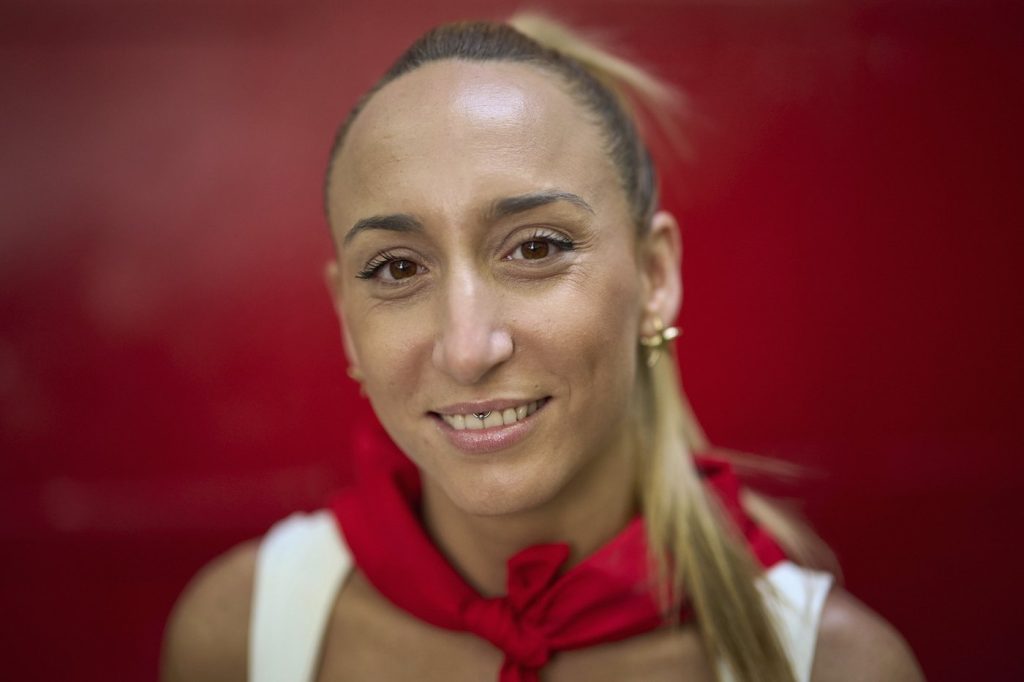PAMPLONA, Spain (AP) — Dressed in the traditional attire of a bull runner — a white shirt and red neck scarf — Yomara Martínez, 30, participated in the exhilarating morning run known as "encierros" at the San Fermín Festival in Pamplona, a northern Spanish city. Despite the presence of thousands, Martínez was one of only a few women braving the stampede of bulls.
Martínez expressed her sentiments about gender in this high-adrenaline event: "At the end of the day, the bull doesn’t know about sexes, age or body shape. It doesn’t matter if you are a woman." Each year, the festival draws thousands who line the medieval streets of Pamplona, while millions more watch the centuries-old tradition of running with bulls from television.
Women participating as bull runners have been scarce, but the presence of women like Martínez — and an increasing number of others — is slowly changing that landscape. Sara Puñal, 32, an administrator who took part in a recent run, shared her feelings of being an outlier. "There are times I feel small. And I ask myself, 'What am I doing here?' Because, although you may not want to, you do feel slightly inferior because of your physique," she said. However, she acknowledged, "In the moment, you are all equal." This sentiment reflects the camaraderie formed amidst the shared thrill and danger of the run.
The bulls charge along the twisting cobblestone streets after being guided by six steers. Up to 4,000 runners take part in each bull run, which spans 846 meters (2,775 feet) and typically lasts two to four minutes. Experienced Spanish runners attempt to sprint just in front of the bull's horns, enticing the animals with rolled newspapers. While serious gorings are not uncommon, more injuries occur from runners tripping or colliding with one another.
Paula López, 32, a shop assistant and fellow participant, remarked on the sense of fear that keeps many potential runners from joining in. She stated, "I think many have a desire to see what it feels like, but they don’t try because of fear." Coming from the traditionally male-dominated environment of bullfighting, López indicated that she doesn’t feel daunted by the low number of female participants, describing the event as "complicated, but pretty exciting."
The festival’s reputation has faced challenges in recent years due to incidents of sexual harassment and abuse reported by women participants. A notorious case in 2016, where five men assaulted an 18-year-old woman, ignited widespread outrage across Spain. Subsequently, the perpetrators were sentenced to 15 years in prison by the Supreme Court in 2019. In light of these events, festival organizers have claimed to enhance security measures to foster a safer environment for all attendees.
It’s notable that women were not allowed to participate in the bull runs until 1975, following a repeal of a decree that had prohibited women, children, and the elderly from entering the streets during the festival. The San Fermín Festival, made internationally famous by Ernest Hemingway’s classic 1926 novel "The Sun Also Rises," continues to attract global attention and participants despite its complex history.
— Miguel Oses And Suman Naishadham, The Associated Press











